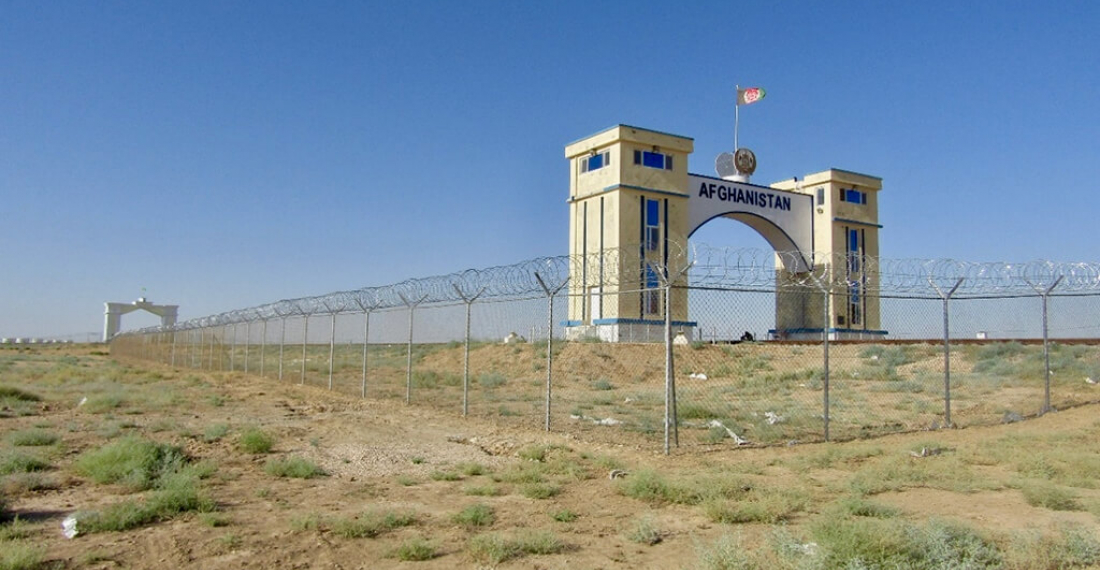The leaders of Turkmenistan and Afghanistan on Thursday (14 January) launched three new infrastructure projects intended to boost economic ties between the two neighbors.
Turkmenistan’s president, Gurbanguly Berdymukhamedov, and Afghanistan's president Ashraf Ghani inaugurated the Turkmen-funded projects via video link.
They include a 30-kilometer (19-mile) railway link between Aqina and Andkhoy in northern Afghanistan, which is planned to be eventually integrated into a prospective railway connecting Afghanistan, Turkmenistan and Tajikistan and linking them with China and Iran.
Two other projects include an optics cable and a power line, which is part of a prospective project envisaging power supplies from Turkmenistan to Afghanistan and Pakistan. At the initial stage, it will supply power to Andkhoy, Sheberghan and Mazar-e-Sharif in northern Afghanistan, and later is set to be extended to provide electricity to Puli Khumri, Kabul and, eventually, Pakistan.






